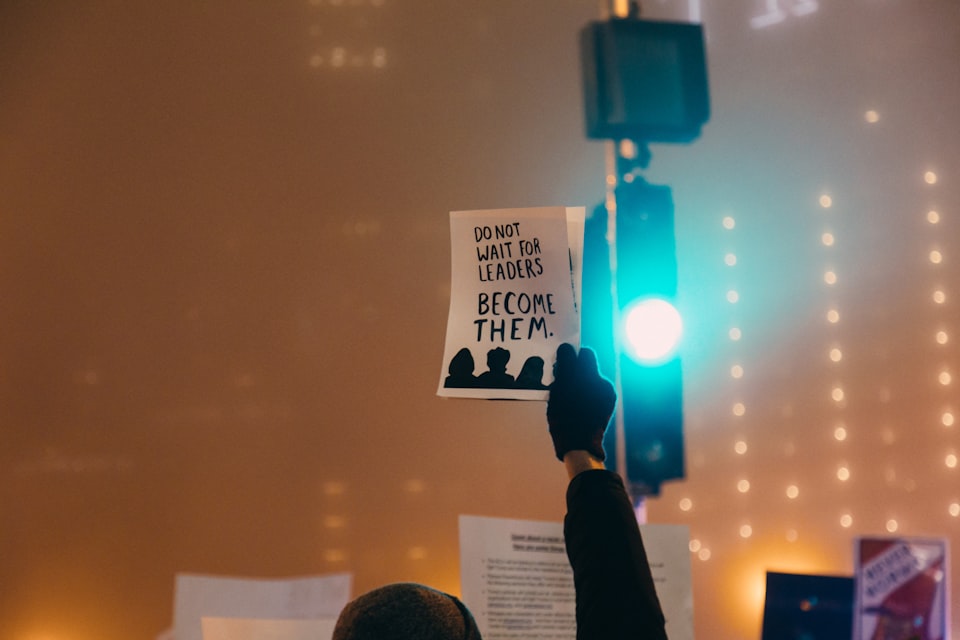Why Leadership Should Not Be a Measure of the Individual Leader’s Character

Leadership needs to empower others to act with integrity.
It might be a cliché, but “To err is human” is a truism.
Humans are not perfect (and we should never be so hubristic as to think we are). Even when we strive to do our best, with the best intentions and information at hand, trusting our instincts and hoping to make both humanitarian and solid moral decisions, mistakes will be made. Some will agree, support, and thank you for your leadership, while others may gang up on you, assuming the worst.
One of the most unrecognized forms of leadership is when the leader takes full responsibility for the original problem, even when the source of the problem was not their doing.
The fact that leaders make mistakes is a vital part of leadership.
For those who look to leaders for guidance, vulnerability is an essential quality that establishes credibility and trust.
Suppose we elevate a leader to super-human status, into a position where they can do no wrong. In that case, we create inhumane conditions in the workplace, the rise of political dictators, or fundamentalism. Ask a group from all walks of life, “What is leadership?” and you will have a list with hundreds of attributes and qualities.
However, to narrow the scope of this post, I’m interested in sharing what I consider to be the two essential principles of evolutionary and humanitarian leadership.
These two essential principles are broadly described as:
1) Don’t lead others directly.
- Instead, lead by example.
- Lead yourself with the utmost integrity, authenticity, and transparency.
- Lead as if everyone is watching — even when no one is around to see.
Practice the mantra, “How I do one thing is how I do everything.”
2) Give people an evolving philosophy.
- Give people better ways to think and strategies to think more critically.
- Help people think in a way for the betterment of all humanity.
- Help others create transformational, evolutionary changes that improve the world.
Ask as often as possible, “How can I be the change I want to see in the world?”
What would the world look like if people were empowered by a leader embodying these two principles?





Member discussion